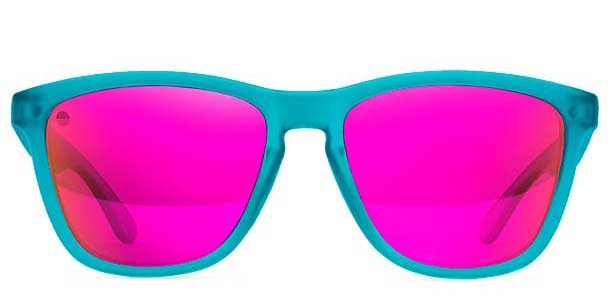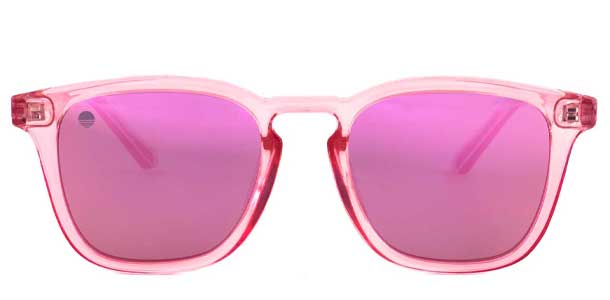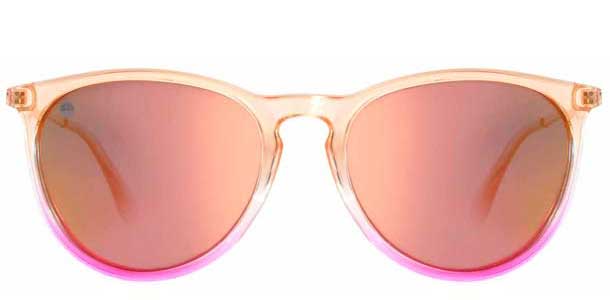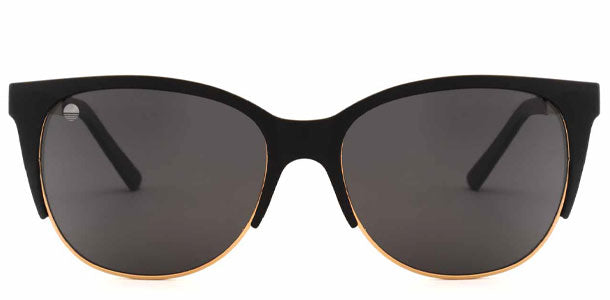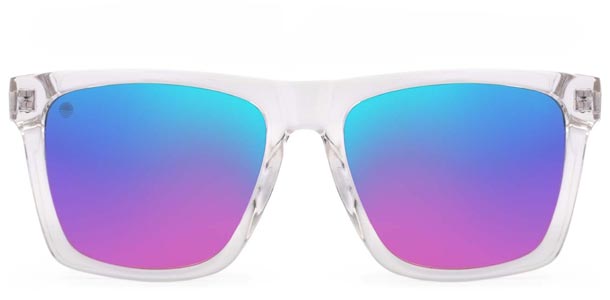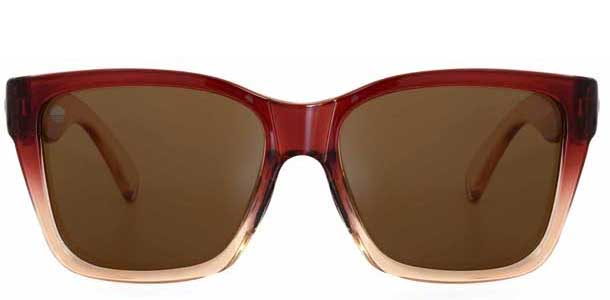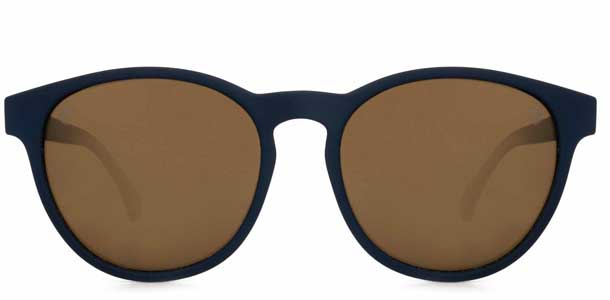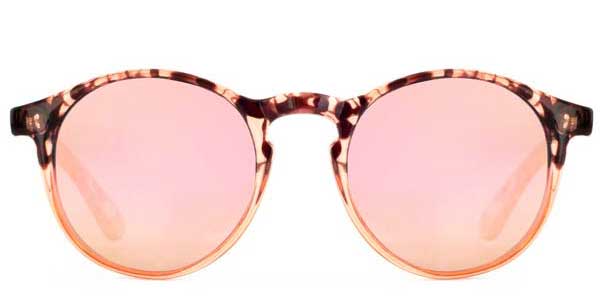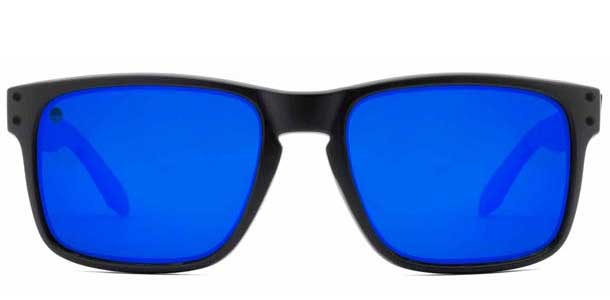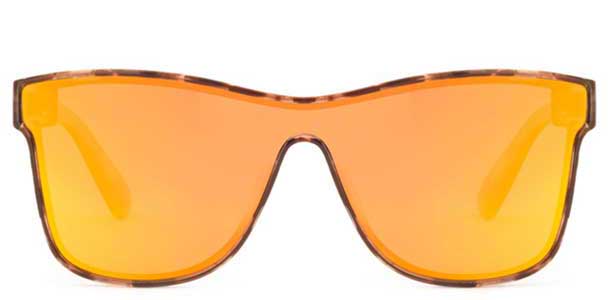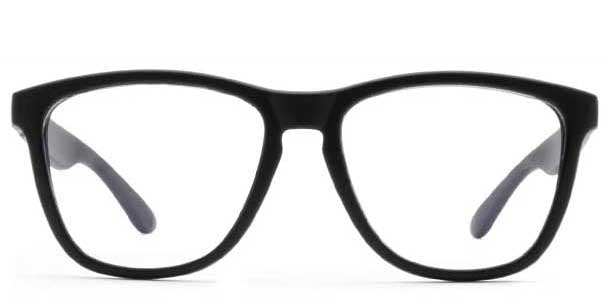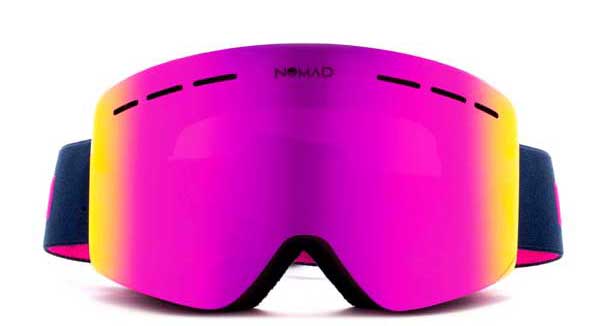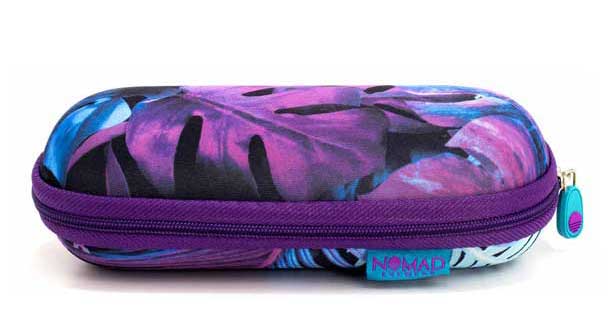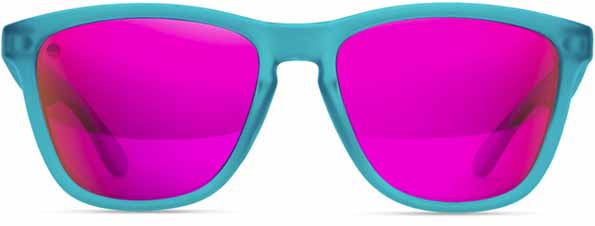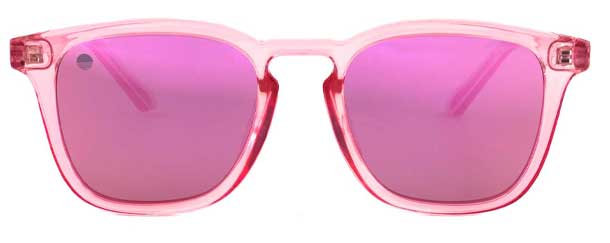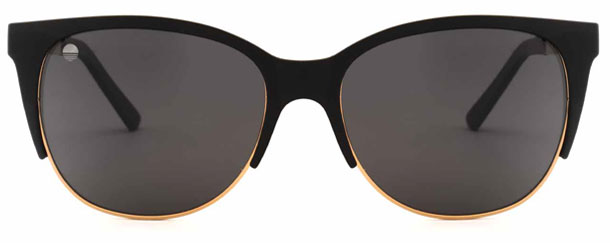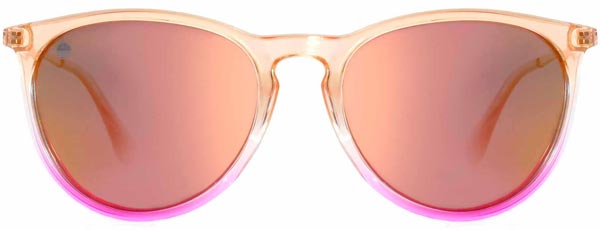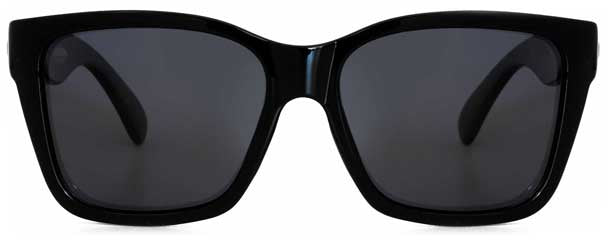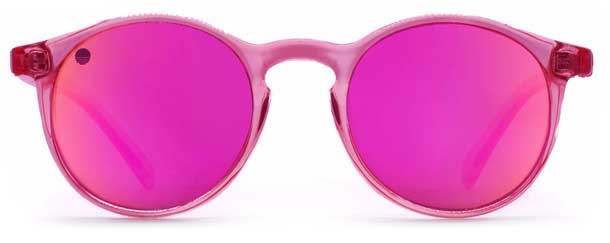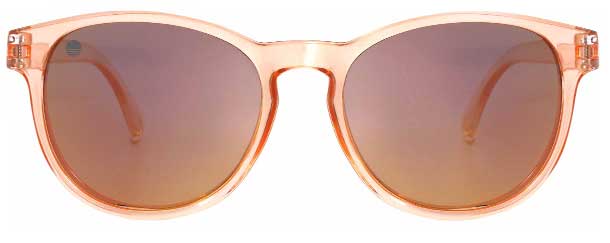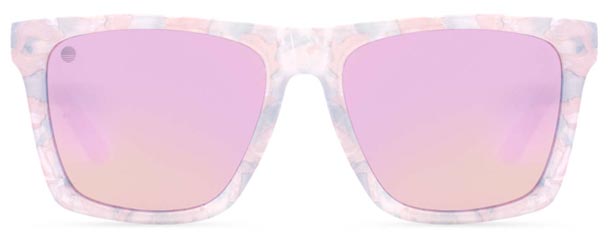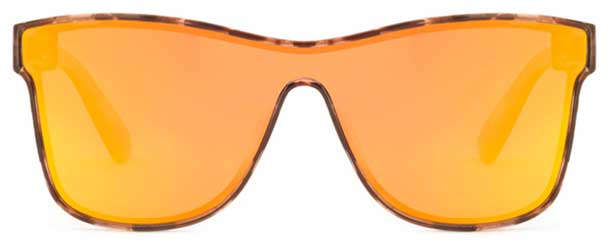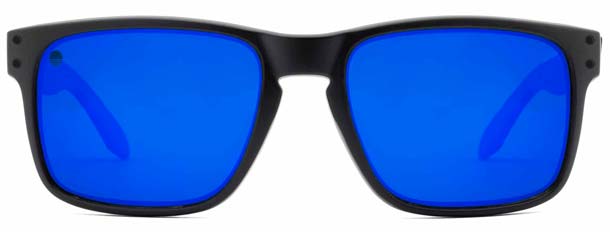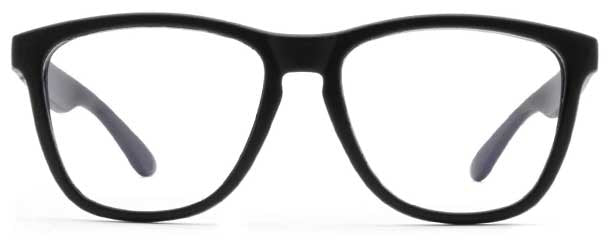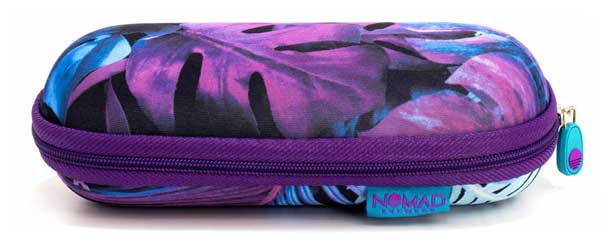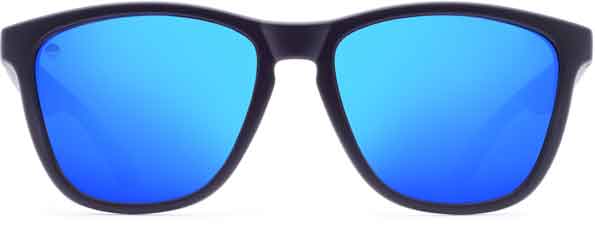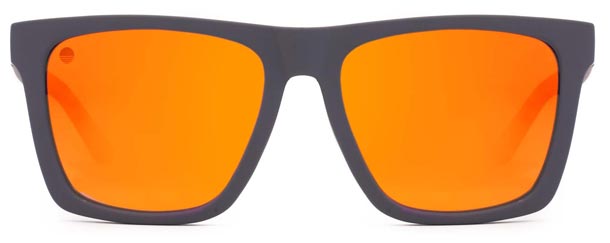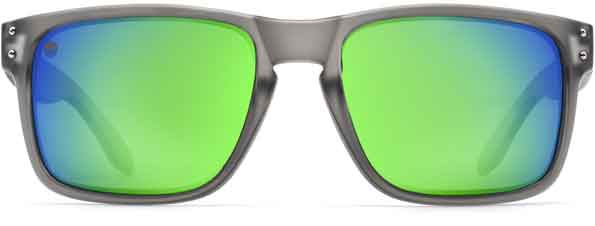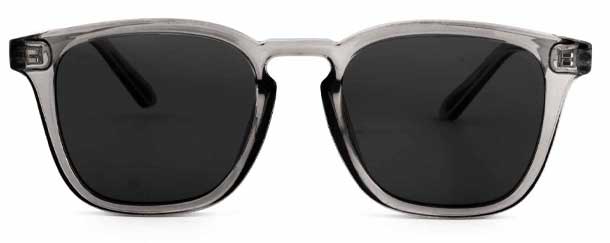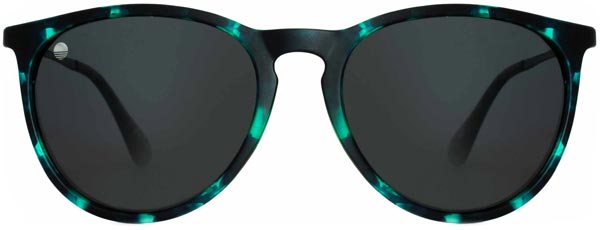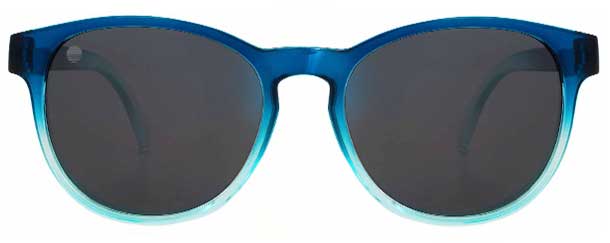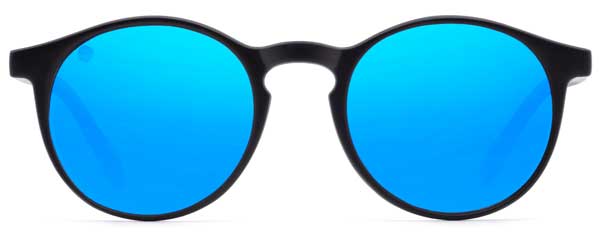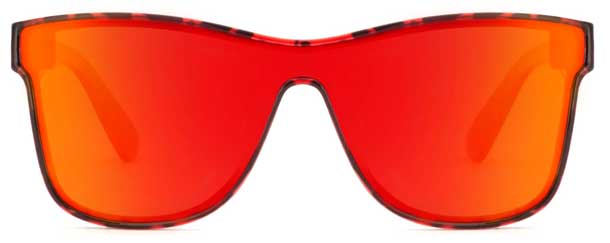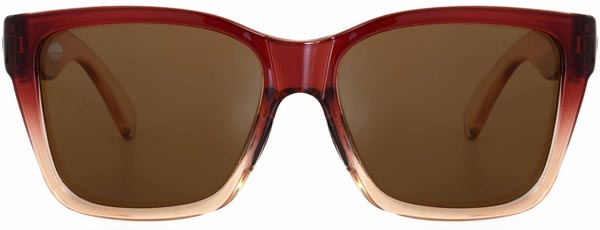5 Best Sunglasses for Driving
Driving with sunglasses protect your eyes from harmful UV rays and allow you to see clearly amid very bright lighting. You are boosting your visibility while driving will allow you to drive with more diligence and ensure the protection of yourself and your passengers. There is a surplus of driving sunglasses on the market. However, choosing the right pair can be difficult. Here is a list of some of the best features you need in your sunglasses for driving.
What Makes Driving Glasses Different?
Upon hearing "driving glasses," you might hear more about "night driving glasses." The central issue with our vision when driving is that, especially at night, there is so much glare that your standard pair of sunglasses is insufficient to block out the overexposed glare of light while keeping all other things visible. Night driving glasses include an anti-reflective coating with yellow-tinted lenses to lock out the streetlight and headlight reflections that cause eyeglass glare. However, one thing to be cautious of is that yellow-tinted lenses reduce visibility in low-light conditions. It is suitable for the day but may be dangerous in very dark areas at night. However, if you need glasses in the daytime, pick a comfortable one while reducing glare and enhancing contrast.
1. UV Protection
The sun's rays are a risk to your eyes. UV is linked to skin cancers, cataracts, and pterygium. Proper protection against UV rays is essential for protecting your health. Solar rays can pass through clouds even on a cloudy day, meaning UV eye protection is essential under all weather conditions. Adequate eye protection should perform the following:
• Filter out at least 75% of visible light
• Filter out at minimum 99% of UVA and UVB radiation
• Contain open and transparent lenses free of scratches and distortions that impair vision in any way
2. Comfortable Frame
You want to make sure that you can wear it for long periods. Whatever shades you wear, make sure it rests naturally on your face. You also want to make sure that the fit is comfortable. If it's too tight or too loose or pressing too hard on the bridge of your nose, it may be more of a nuisance than anything else and can cause headaches, itching, or any other discomfort that can keep you from wearing them, to begin with. At worst, it can be the very thing that distracts you from staying focused while behind the wheel.
Also, pick a frame that isn't too thick to obstruct your peripheral vision, which is needed for driving. You want to make sure you have an open and transparent view as you drive.
3. Polarised Lenses
Polarised sunglasses contain a thin chemical film that helps to filter out horizontal light. Though polarised glasses help reduce glare, they aren't a legal requirement for driving. Polarised lenses are best in bright conditions and especially when the road is wet where they reduce reflections. The benefits of the glasses are that they can offer clearer vision and can alleviate eye strain.
4. Full-Coverage Lenses
Generous coverage is vital for any pair of shades when driving, hands-down. Regardless of the style or colour, glasses that block out light that keeps you from seeing correctly are needed for driving sunglasses in the UK to perform their function. Full coverage shades should keep you covered without worrying about annoying strands of light coming into your eyes. However, every face shape and structure is different. Choose from various styles to see what fits your eyes the best.
5. CE and UKCA markings
All sunglasses should carry the CE mark and more lately the CAUK classification and meet the European Standard BS EN 1836:2005. All Nomad lenses confirm to the highest standards are surpass all European and US standards.
Are blue light filter glasses good for driving?
The difference between blue light glasses and UV protection lenses is that blue light glasses protect your eyes from digital screens' blue light (visible light). The lenses contain a durable polymer layer. UV is associated with the non-visible light spectrum. They are specifically designed to protect from the sun's harmful ultraviolet rays. It contains a coating that shields it from UV rays.
Regarding driving, blue light glasses are not as effective or beneficial as UV protection based on the purposes each serves. Blue light inhibits the passage of blue light through the lenses. Consider using these glasses if you work long hours behind a digital screen. UV protection lenses are for the outdoors and sunlight. These are more suitable for driving and being out under the sun overall.
Conclusion
Performance is vital in picking the right sunglasses, more than how the sunglasses look. After all, driving is no joke. Whether it's a car drifting into your lane, an unidentified object on the road, potholes, flooding, or any other potential dangers, you can be prepared for anything that can come about when on the road. So pick a pair of shades that optimize your vision while providing protection and comfort that fits your needs.
Meet our Best Selling Eco-Friendly Sunglasses
Check out our 3 best selling collections
Original

Olivia

Magnum


